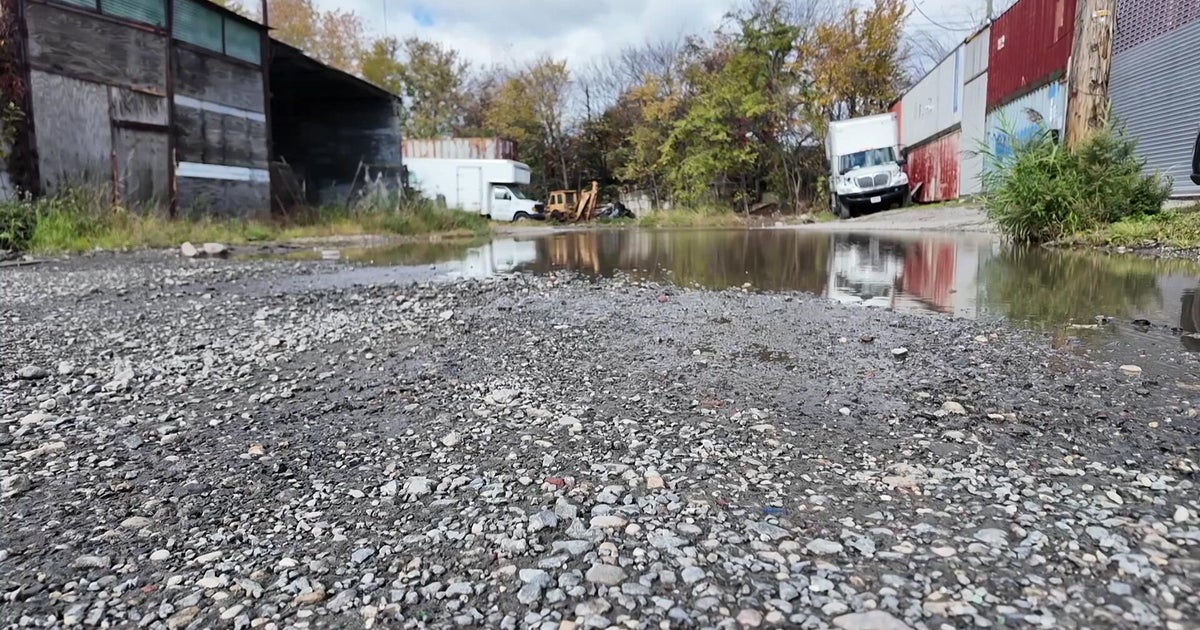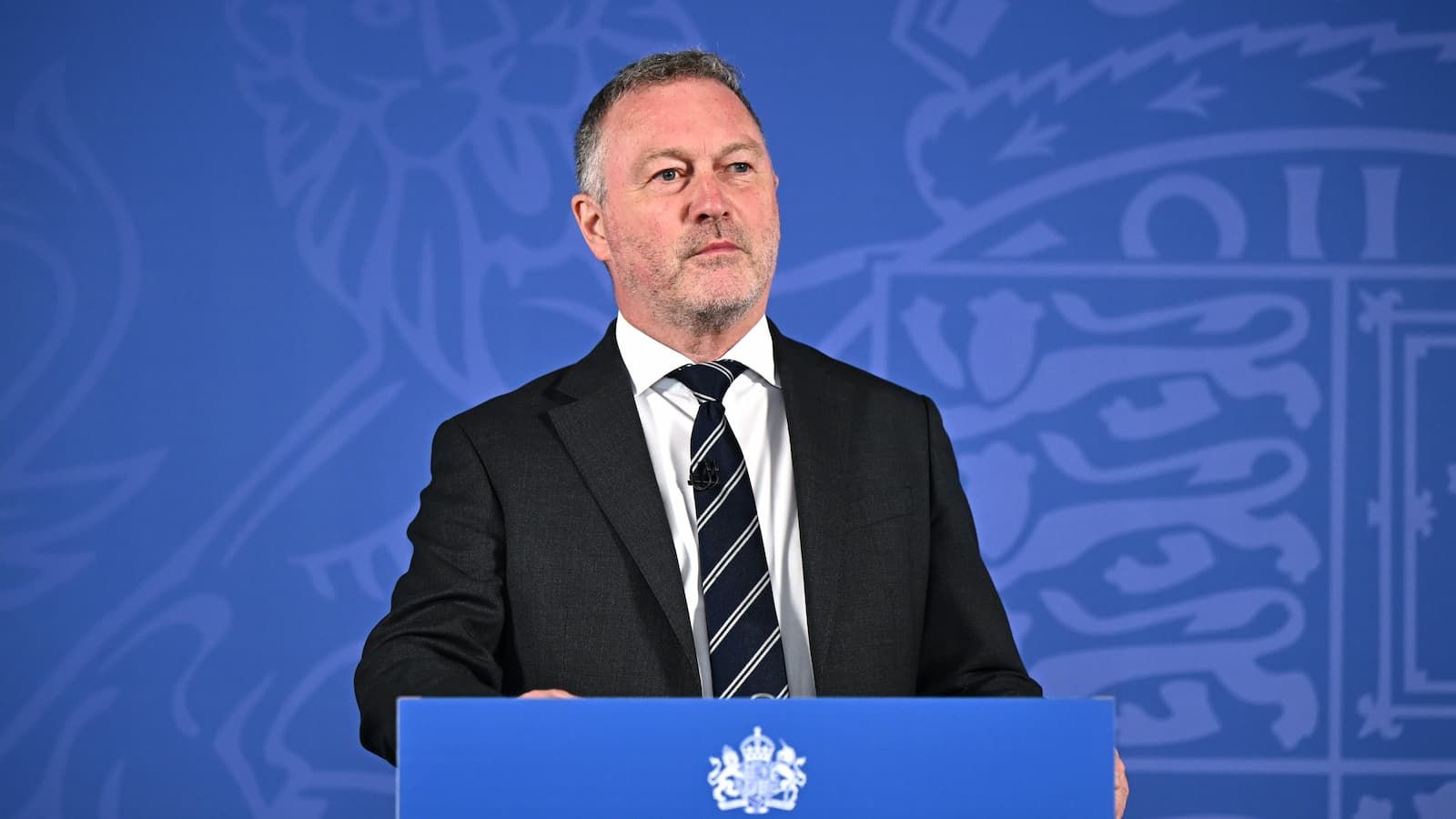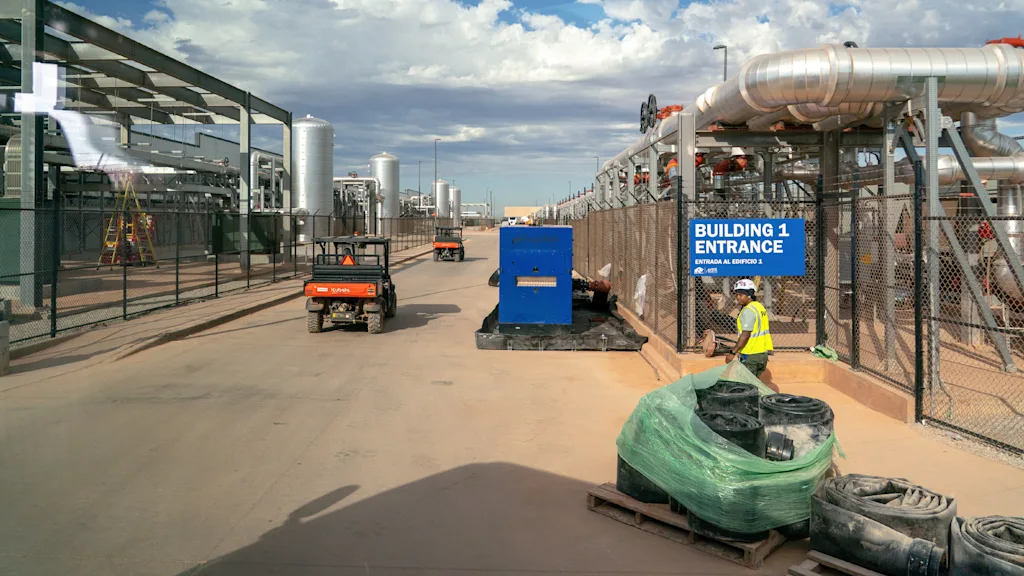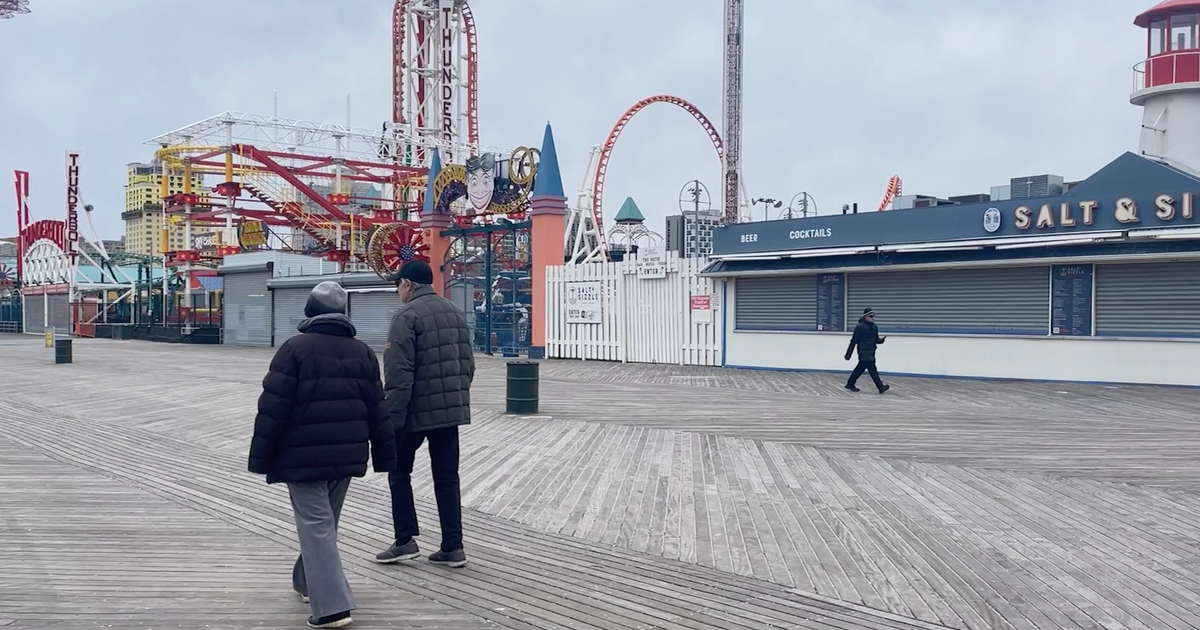#infrastructure
#infrastructure
[ follow ]
#digital-nomads #germany #remote-work #federal-funding #suspension-bridges #engineering #data-centers
Travel
fromTravel + Leisure
1 day agoThis Country Has the Safest Public Transportation System in the World-and No, It's Not in Europe or North America
Japan ranks first for transportation safety due to advanced infrastructure, rigorous protocols, cutting-edge technology, and a culture prioritizing order and responsibility.
Real estate
fromSocial Media Explorer
1 day agoShaher Moh'd Ali Awartani Abu Dhabi: A Visionary Leader Driving Sustainable Growth Across Sectors - Social Media Explorer
Shaher Moh'd Ali Awartani Abu Dhabi advances Abu Dhabi's infrastructure and investment through disciplined, diversified, sustainable projects across construction, private equity, and hospitality.
US politics
fromSan Jose Spotlight
2 days agoCongressman secures millions of dollars for Silicon Valley projects - San Jose Spotlight
Rep. Sam Liccardo secured nearly $14 million in federal funds to support affordable housing, flood protection, fire infrastructure, and homelessness services in Silicon Valley.
California
fromStreetsblog
6 days agoSPUR Talk: What Can the State Learn from HSR About doing Megaprojects Right? - Streetsblog San Francisco
Long gaps in public construction capability degrade a state's ability to deliver major infrastructure projects, requiring deliberate recovery of skills and systems.
Environment
fromEarth911
1 week agoSustainability In Your Ear: Peter Fusaro's Wall Street Green Summit Explores Financing The Renewables Transition
Energy transition faces infrastructure bottlenecks, rising grid stress from data centers, yet capital markets and institutions increasingly treat climate as systemic financial opportunity.
Business
fromFortune
1 week agoConstruction firm Italian-Thai Development is under fire after consecutive crane collapses | Fortune
Italian-Thai Development faces government-ordered project halts, legal indictments, and reputational crisis after multiple fatal construction accidents causing dozens of deaths.
World news
fromArchDaily
1 week agoEU Mies Awards Shortlist and MVRDV's Fluid Facade in Beijing: This Week's Review
Large-scale planning and civic architecture reorganize cities, redistribute services, and expand public civic infrastructure while emphasizing heritage reuse and participatory institutional practices.
Environment
fromSan Jose Spotlight
1 week agoEstremera: The work behind the water we all rely on - San Jose Spotlight
Valley Water provides safe, reliable water, flood protection, and environmental stewardship for nearly two million people through infrastructure upgrades, purification, and local supply expansion.
fromState of the Planet
2 weeks agoPhotographing Climate Change: Ice Porters on the Frozen Chadar River
Every winter in the Ladakh region in northwest India, the two roads that connect the small villages in the Zanskar Valley with the rest of the country close, are overwhelmed by snow. But for centuries, locals have had a workaround: a road of ice formed by the frozen Chadar River. A week-long trek in frozen temperatures connects them to the outside world.
Environment
fromBoston.com
2 weeks ago'A win for Everett': How readers reacted to New England Revolution stadium deal
A majority of readers who responded to the poll - 59% of the more than 100 respondents - support the deal, often citing the need to revitalize the surrounding neighborhoods and improve the environment at the site, a shuttered power plant. Others expressed concern about traffic and transit impacts (17%), while another 16% said they opposed the stadium altogether. Another 8% need more details before forming an opinion.
Soccer (FIFA)
New York City
fromStreetsblog
3 weeks agoWednesday's Headlines: Mamdani Dumps Bump Jump Edition - Streetsblog New York City
Mayor Mamdani prioritized livable streets in his first week, pushing road diets, daylighting intersections, congestion pricing, and fast infrastructure fixes to improve cycling safety.
fromwww.theguardian.com
1 month agoCycling is changing at speed but is Britain keeping pace?
Ever since Team GB's velodrome successes at the 2008 Olympics, campaigners and government ministers have confidently predicted that Britain is about to become a nation of cyclists. There is just one problem: for the most part, it has not happened. Apart from a very concentrated spike in bike use during Covid, the level of cycle trips in England has stayed broadly static for years, and things do not appear to be changing.
UK news
fromSun Sentinel
1 month agoA Miami-Dade incinerator? County commissioners get (a little) closer to a decision
Nearly three years after a fire destroyed the Doral incinerator that processed about half of Miami-Dade's trash, county commissioners want to pursue building a new one in an industrial area near the Broward County line. Two teams have been competing to build a replacement facility, and both kept their hopes alive on Tuesday after commissioners voted to consider a combined proposal from the current rivals.
Environment
fromwww.mercurynews.com
1 month agoCalifornia sues Trump for blocking EV charging funds
Attorney General Rob Bonta said the U.S. Department of Transportation did not have the authority to suspend $180 million to fund EV charging programs in California which Congress and former President Biden had already approved in 2021 as part of the landmark Bipartisan Infrastructure Act. This is funding that was lawfully directed to states and local communities by Congress, Bonta said at a news conference.
US politics
Artificial intelligence
fromMedium
1 month agoInside the Enterprise AI Factory: How Organizations Are Operationalizing AI at Scale
Successful enterprise AI requires actionable, measurable use cases, data readiness and governance, appropriate infrastructure choices, and disciplined focus to move from POCs to production.
fromwww.cbc.ca
1 month agoOntario wants to bring in more attractions to Niagara with 'multibillion-dollar' plan | CBC News
This is more than just tourism it's economic growth, job creation, investment and prosperity, Ford said. According to Ford, the strategy will unlock the region's full potential, focusing on five pillars: attractions, transportation, gaming, wine and restaurants, and arts and culture. Potential projects include a theme park and others redevelopments and revitalizations, said a news release from the province.
Canada news
fromwww.theguardian.com
1 month agoHealth and safety rules holding UK infrastructure back, says writer of government report
We need to have a more mature relationship with risk. Projects often do not go ahead because of concerns about safety but often all you are doing is moving the risk somewhere else. He said the UK's risk aversion was demonstrated to him by a recent decision by London's royal parks to close during high winds. Instead of going for a walk through the park, [people] ended up walking around the edge of it instead, where there were often more trees.
UK politics
fromABC7 Los Angeles
1 month agoRapid Transit Track Inspectors keep everyone riding the rails safe
Philadelphia, Pennsylvnia -- Follow First Class Track Inspector Anthony Stumpo on a typical day underground: inspecting, repairing and keeping everyone riding SEPTA's rapid transit line safe and where they need to go. He explains, "With track inspection, you're in the weather; you're in the tunnel: heat, cold, rain, sleet, shine, whatever. We're out there. And we have to be!" Anthony hails from West Deptford, New Jersey. He is one of 54 track inspectors in Philadelphia's SEPTA, the regional transit authority for Philadelphia and its surrounding counties.
Public health
US politics
fromwww.theguardian.com
1 month agoSean Duffy wants to bring civility' to air travel so why is he doing pull-ups at the airport? | Arwa Mahdawi
Transportation secretary Sean Dog Duffy, a former lumberjack and reality-TV contestant, promotes airport wellness and $1bn in grants amid crumbling U.S. transport infrastructure.
from24/7 Wall St.
1 month agoArcher Pours $126M Into Infrastructure as Joby Races Toward Certification
Joby began power-on testing of its FAA-conforming aircraft and completed over 600 flights in 2025, including its first point-to-point demonstration. CEO JoeBen Bevirt called the regulatory progress "unprecedented." The company started manufacturing propeller blades in Ohio while adding 100+ production roles. Revenue hit $15,000, beating the $12,600 estimate, though this represents early contract work rather than commercial operations. Net loss reached $324.7 million with cash at $978.1 million following a $576 million equity raise.
Startup companies
fromABC7 San Francisco
1 month agoSilicon Valley BART Extension construction remains on time, budget at West Portal site
Every day or every month that we're delayed, we estimate that every month is worth about $20-30 million. The most important thing we can do to keep ourselves on budget is to stay on schedule.
Real estate
US politics
fromLGBTQ Nation
1 year agoPete Buttigieg reveals first thing he'll do now that he's out of a job - LGBTQ Nation
Outgoing Transportation Secretary Pete Buttigieg leaves office saying U.S. transportation is in better condition after infrastructure law-funded projects, despite federal limitations on implementation.
fromIndependent
1 month agoSarah Carey: If politicians don't have the guts to tell voters 'no', the best-laid infrastructure plans will be doomed
Everybody seems to have a piece of the planning puzzle, but the key to putting it all together is psychological There are a lot of lads throwing shapes about infrastructure these days. On Wednesday, an ambitious plan was published by the Government and the usual gaggle of tech bros, academics, economists, lawyers, journalists and activists held forth on their favourite subject.
Miscellaneous
Startup companies
fromFuturism
1 month agoStartup Building "Air Traffic Control" to Help Self-Driving Cars Get Through Chick-fil-A
Autolane builds application-layer infrastructure to coordinate autonomous vehicles' precise pick-up and drop-off logistics on U.S. roads unsuited for driverless operations.
World politics
fromwww.dw.com
1 month agoPhilippines: Thousands protest corruption in flood projects DW 11/30/2025
Thousands of Filipinos protested, demanding resignation and prosecution of officials over a multi-billion-dollar flood-control corruption scandal that sparked arrests and widespread public outrage.
California
fromThe Mercury News
2 months agoNew ballot measure push aims to overhaul California's landmark environmental law
A proposed ballot measure would overhaul CEQA to shorten environmental reviews, limit lawsuits, and accelerate construction for many infrastructure and housing projects in California.
UK politics
fromIndependent
2 months agoObjectors will be on the hook to pay six-figure legal costs under judicial reviews clampdown
Successful judicial-review objectors will face capped legal cost awards and may be required to pay six-figure bills as the Government moves to speed up infrastructure and housing delivery.
UK news
fromLondon Business News | Londonlovesbusiness.com
2 months agoReeves Budget choices will determine success of UK's growth mission
The Chancellor must prioritise bold, growth-focused fiscal decisions that reform incentives, accelerate investment, and accept difficult measures to restore UK economic momentum.
fromTime Out New York
2 months agoNew York just ranked as the second-best city in the world
New York just scored the silver medal on the global stage, coming in as the number two city in the world in Resonance Consultancy's 2026 World's Best Cities ranking. Yes, London hung onto the crown again, but New York City isn't exactly sulking in the corner. Our racked up praise for its cultural might, airport power moves and the kind of urban glow-up only New York can pull off, from shiny towers to subway upgrades that, miraculously, appear to be happening in real life.
New York City
fromwww.theguardian.com
2 months agoHigh-speed European rail network could be possible by 2040
The European Commission sketched out a world where trains could reach speeds well above 250km per hour, when feasible, to ensure faster connections across the continent. If the plan is realised, rail passengers could travel betweenthe German and Danish capitals in four hours by 2030, instead of seven hours today, while Sofia and Athens would be just six hours apart by 2035, instead of nearly 14.
Miscellaneous
fromArchDaily
2 months agoFrom Albania to Iran: 7 Unbuilt Infrastructure Projects Reimagining Mobility, Ecology, and Connection
Today, as global challenges demand more adaptive and human-centered responses, architects are rethinking what infrastructure can be: not just a framework for movement and utility, but a catalyst for ecological restoration, cultural continuity, and civic imagination. The following unbuilt projects, submitted by the ArchDaily community, explore this expanded role of infrastructure, where airports, bridges, industrial parks, and pedestrian networks become architectural
Design
fromwww.dw.com
2 months agoIraq elections: Will public optimism equal political change? DW 11/02/2025
"Iraq is the best it's ever been," Khudair al-Ali, a young man who works for one of Iraq's oil companies but drives cars for Careem, the Middle East's version of Uber, on weekends, enthuses. "But we still have problems," he says, gesturing at potholes he's trying to avoid. "The streets need to be fixed and there are too many cars in Baghdad."
World politics
fromAboutamazon
3 months ago4 ways Amazon is investing in New York
Amazon has invested $52.3 billion in New York since 2010, including infrastructure and compensation to employees. The company has contributed $46 billion to the state's economy. Amazon partners with 20 New York educational institutions through its Career Choice program, offering employees prepaid tuition for skills development. More than 769 million items were sold by New York-based independent sellers through Amazon's store in 2024.
Business
fromABC7 San Francisco
2 months agoGolden Gate Bridge approved for $1 billion seismic retrofit work
SAN FRANCISCO (KGO) -- After decades of planning, a project is moving forward to reinforce San Francisco's Golden Gate Bridge for major earthquakes. The Highway and Transportation District voted Friday to authorize the $1 billion project. This four-phase seismic retrofit is expected to take 11 years to complete. Now that the contract has been approved, construction is expected to start in 2026.
California
[ Load more ]
























